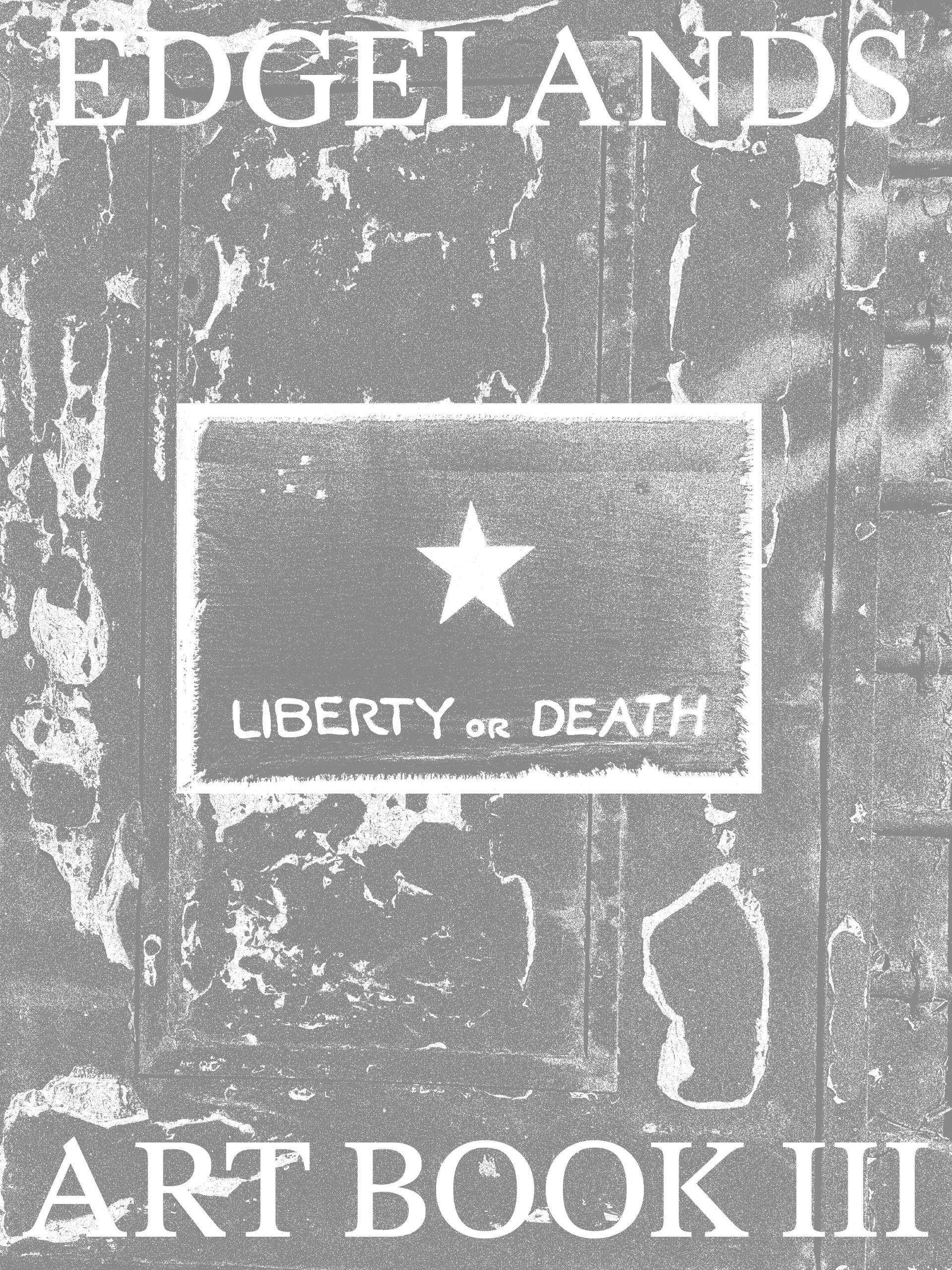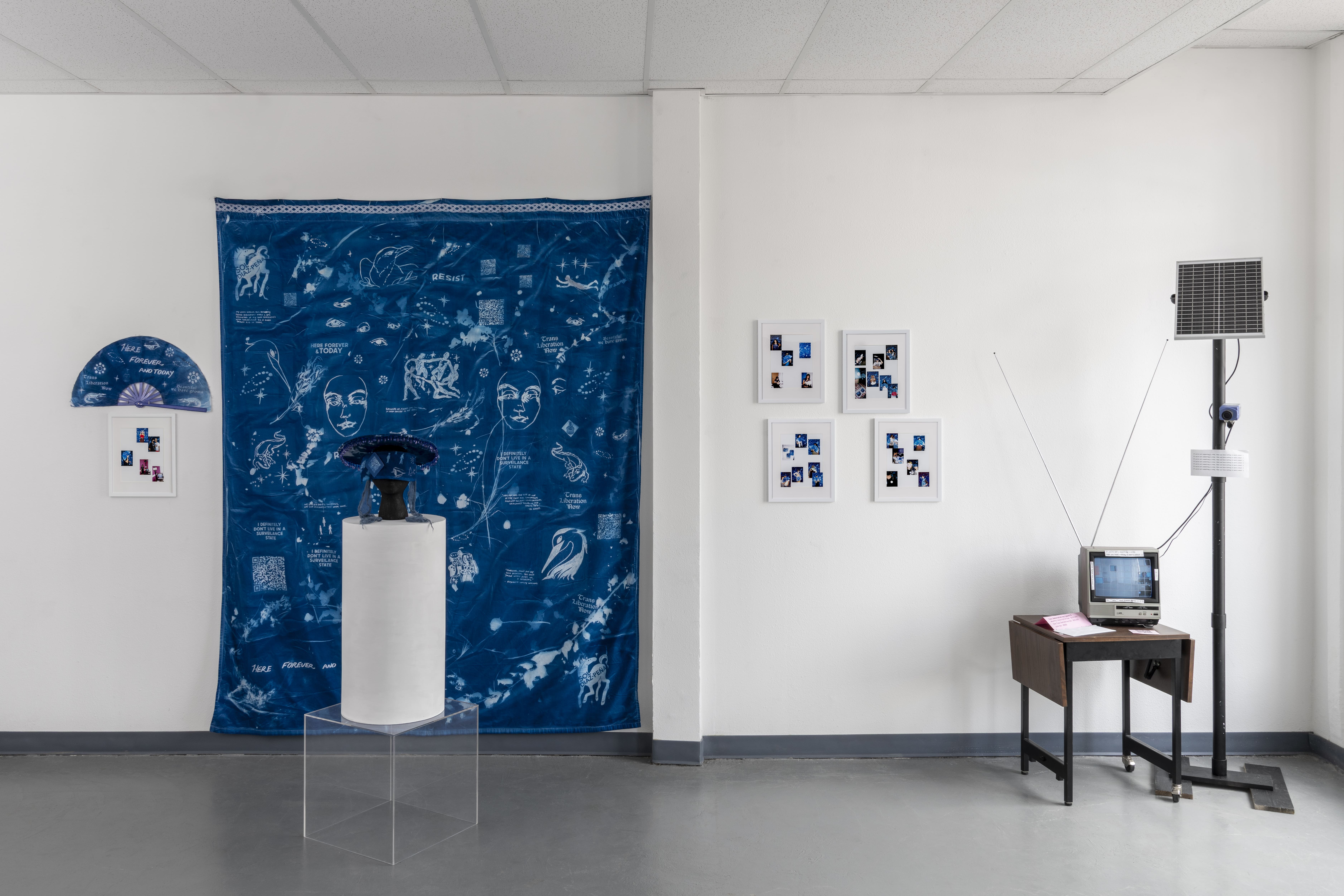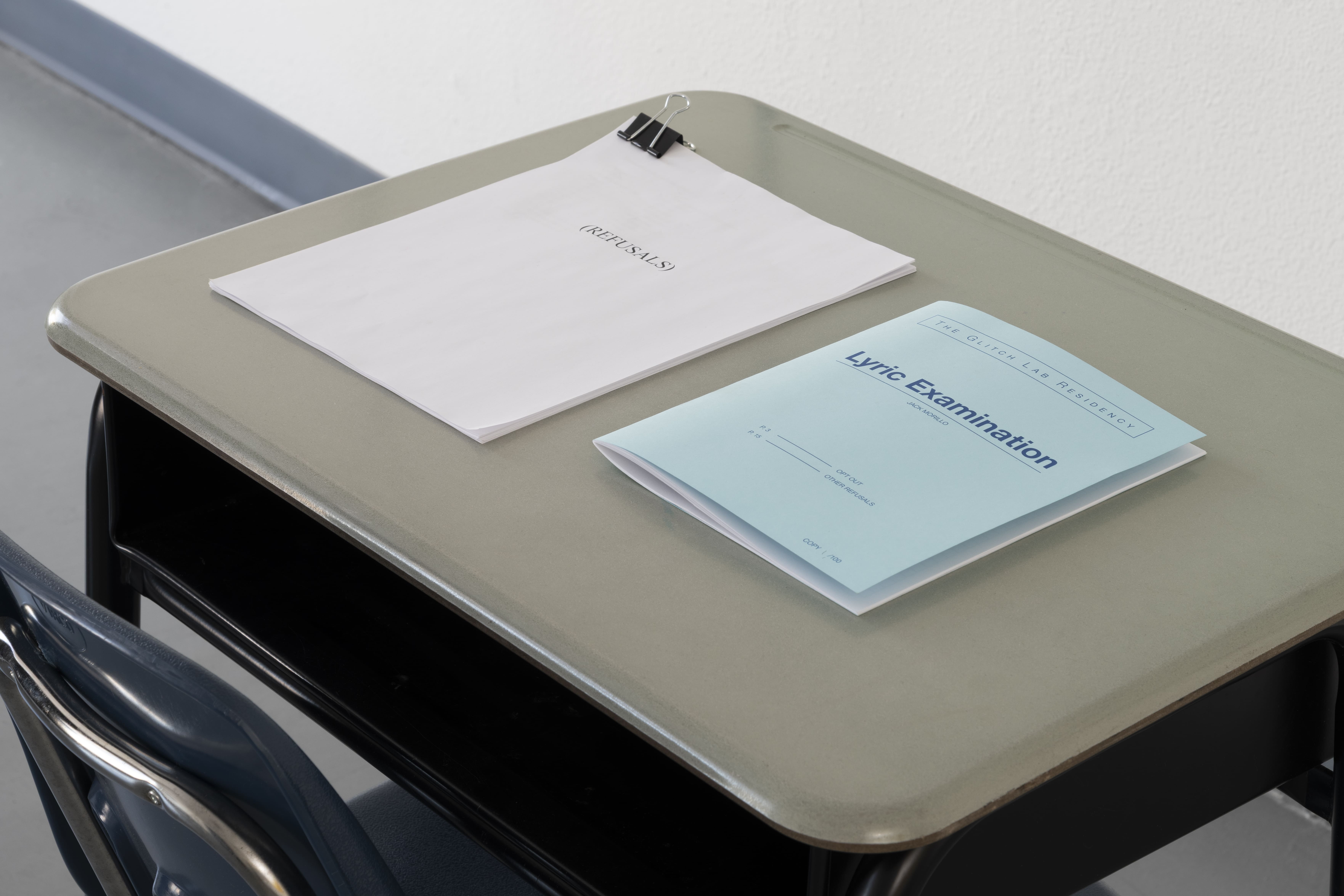Wifi

Dans le cadre de la résidence artistique et de l'exposition BLURRED LINES, l'artiste visuel vénézuélien Ronald Pizzoferrato a réfléchi à l'influence de la connectivité sur le sentiment de sécurité. Ronald Pizzoferrato a conçu un grand panneau indiquant "Free wifi" et a installé un routeur wifi offrant un accès gratuit et illimité à l'internet. Le WIFI n'était pas seulement une intervention artistique, mais aussi une ressource pratique que les gens pouvaient mobiliser à la frontière de Cúcuta. Que ce soit pour communiquer avec des membres de leur famille ou des amis, pour demander de l'aide ou pour rechercher des informations sur les procédures légales dans un nouveau pays, la connectivité Internet est synonyme de sécurité pour les migrants. Son travail a attiré l'attention des gens, rassemblant un grand nombre d'utilisateurs et de visiteurs. Résidant à Berne (Suisse) depuis 2014, Ronald Pizzoferrato s'intéresse à l'identité, à la migration, à la violence et à la décolonisation. En tant qu'étranger à Berne, il attire notre attention sur le fait qu'en Suisse, les gens ont accès à un wifi gratuit dans les villes. Au Venezuela, par exemple, ce n'est pas une réalité. Des différences telles que celles-ci sont fondamentales pour élargir notre compréhension de la manière d'accroître la sécurité dans les zones frontalières.
À propos de l'artiste
A propos du projet
Pendant 10 jours, six artistes ont recherché et créé ensemble des œuvres d'art innovantes pour générer l'exposition BLURRED LINES. La résidence artistique a eu lieu entre le 22/07/2022 et le 31/07/2022 à Cúcuta, la destination de nombreux réfugiés et migrants en Colombie. La ville étant située à la frontière avec le Venezuela, MATZA EDGELANDS l'a considérée comme un lieu pertinent pour explorer comment de nouveaux formats de contrat social pourraient émerger parmi les couches complexes et floues des villes. Organisée par Séverin Guelpa et Anja Wyden Guelpa en collaboration avec l'Institut Edgelands, MATZA EDGELANDS CÚCUTA a combiné le potentiel artistique de MATZA, qui aborde des questions sociales et environnementales, avec la volonté d'Edgelands de comprendre les conséquences de la technologie et de la numérisation sur le tissu urbain.







